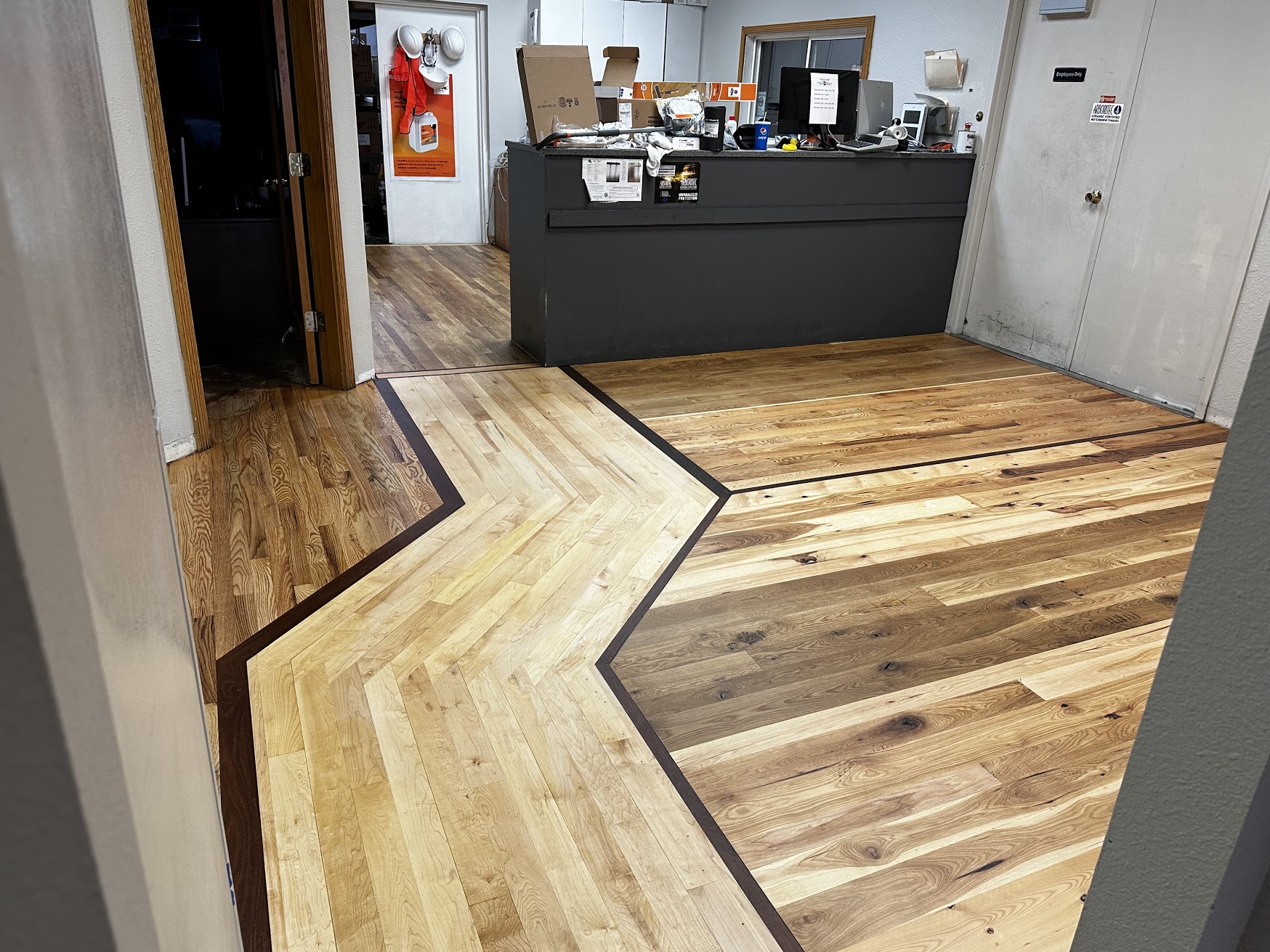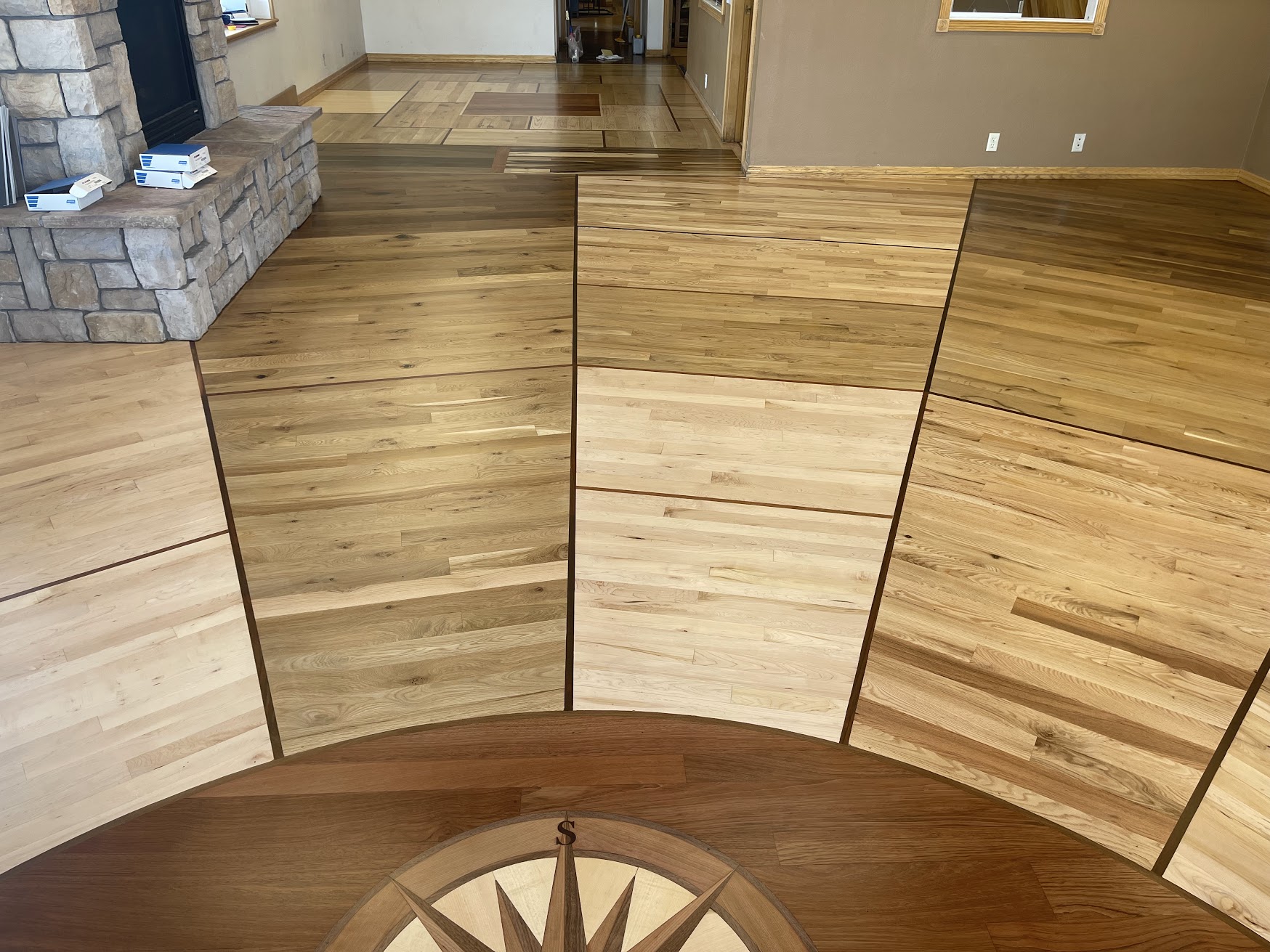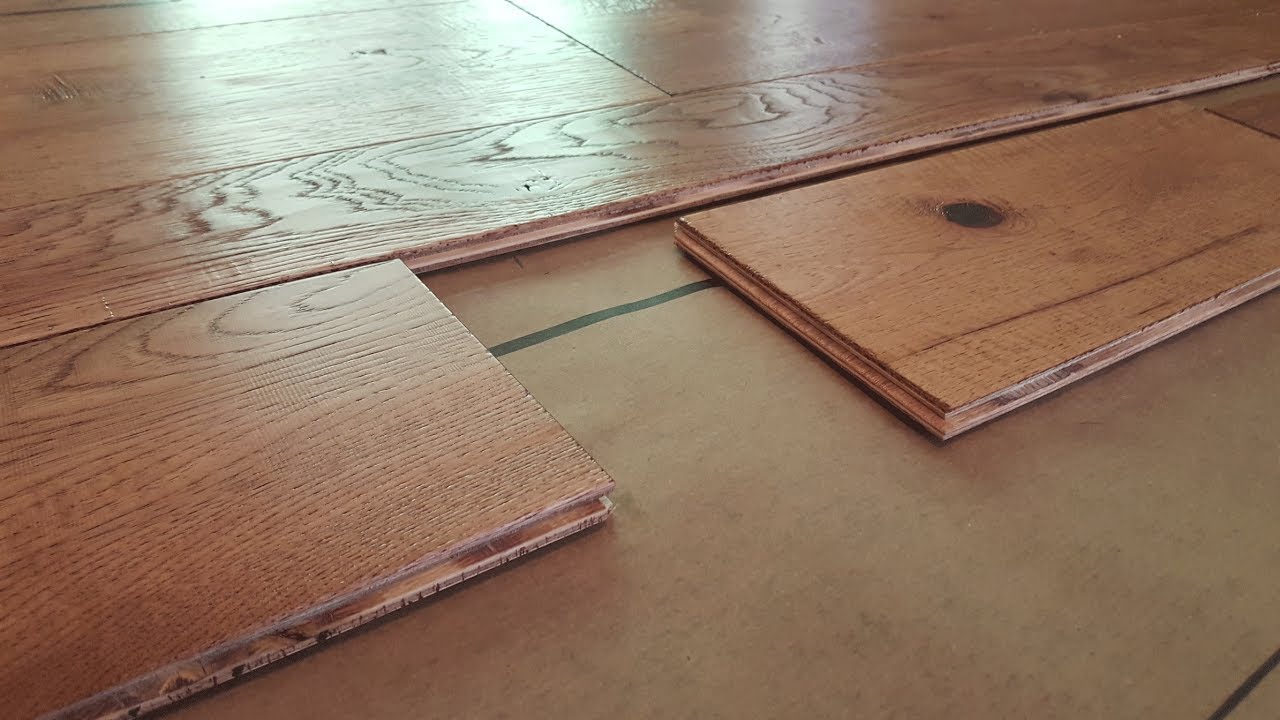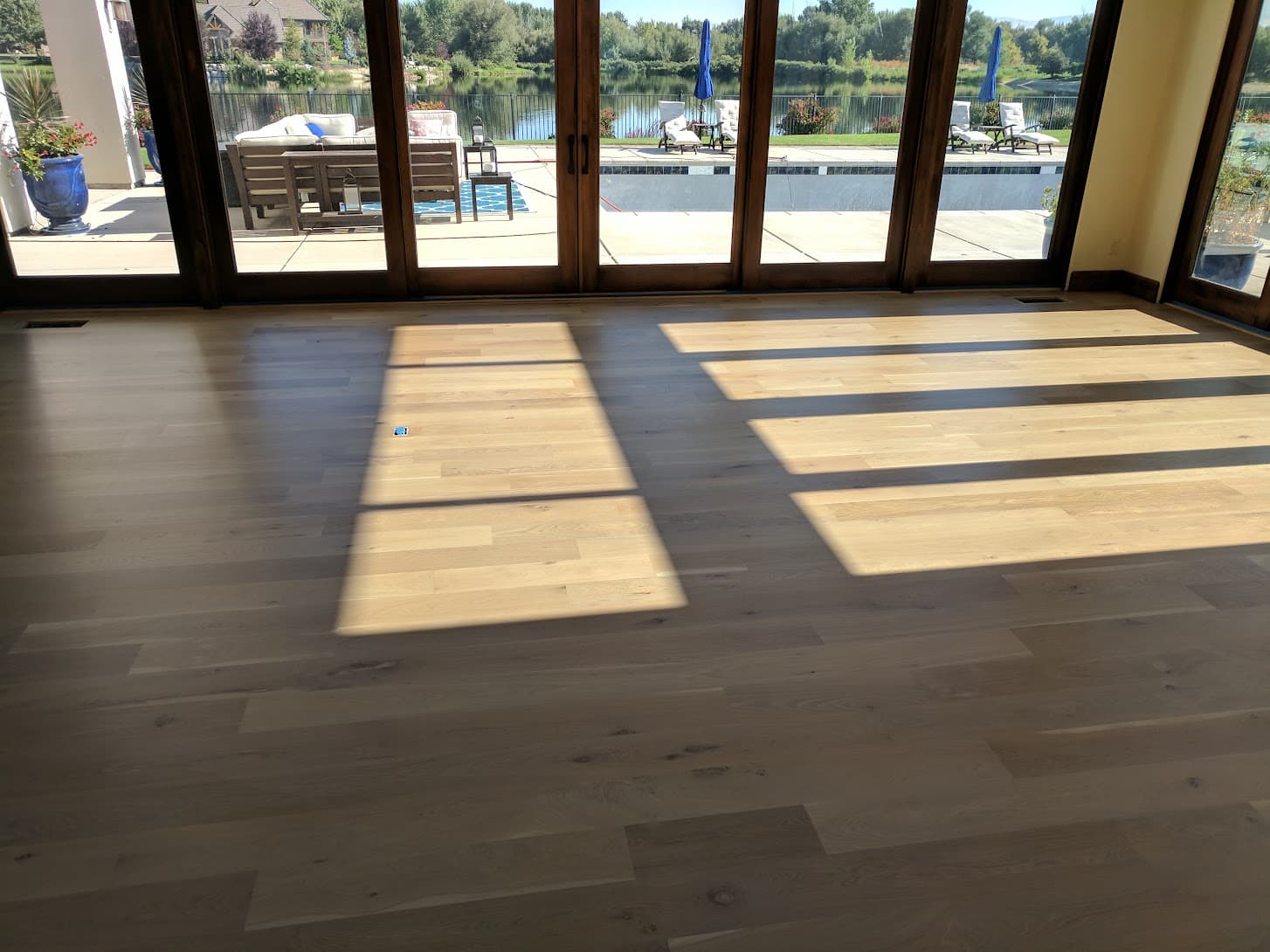Hardwood flooring adds a touch of elegance and timeless beauty to any home. However, before you embark on the journey of installing hardwood floors in your home, it’s crucial to understand the various factors that can impact the cost. In this article, we’ll provide an overview of hardwood flooring costs, installation processes, and factors to consider when planning your hardwood floor installation project. Whether you’re in Boise, Spokane, or Atlanta, these insights will help you make informed decisions about your hardwood flooring project.
Overview of Hardwood Flooring Costs
Hardwood floor installation costs can vary significantly depending on several factors. On average, you can expect to pay anywhere from $3 to $20 per square foot. The final cost will depend on factors such as location, the type of wood used, and the scope of the installation project.
In our guide, we’ll focus on three cities: Boise, Spokane, and Atlanta, as prices can differ slightly based on location. Keep in mind that these prices are estimates and can change over time.
The cost of hardwood floor installation can be broken down into two main categories:
1. Installation Only
- Sample cost for just installation: As low as $1,500 for a 500 square foot area.
2. Installation with Sanding & Finishing
- Sample cost for installation with sanding and finishing: Around $7,500 for the same 500 square foot area.
Overview of Hardwood Floor Installation
Hardwood flooring offers various benefits, making it a popular choice among homeowners:
- Beauty: Hardwood floors exude natural beauty and warmth, enhancing the aesthetic appeal of any space.
- Eco-Friendly: Hardwood is a renewable resource, making it an eco-friendly flooring option.
- Durability: Hardwood flooring is known for its durability and longevity, often lasting for decades.
- Versatility: There are numerous wood species, colors, and finishes available, allowing you to customize your flooring to match your style.
- Timeless Appeal: Hardwood floors add a classic touch to your home’s interior, increasing its overall value.
- Cost Variability: Hardwood flooring can be tailored to fit various budgets, offering both affordable and high-end options.
How Much Does the Hardwood Flooring Cost?
The cost of hardwood flooring can vary based on several factors, including the wood’s grade, width of planks, and the specific wood species. Here’s a breakdown of hardwood flooring costs:
- Lower Grades (Skinny Profile): Typically start at around $3 per square foot.
- Higher Grades: Prices can go above $5 per square foot.
- Wider Planks: Wider planks are generally more expensive, often exceeding $7 per square foot.
- Wider Planks with Higher Grades: The most expensive option, often priced at $7 or more per square foot.
Different wood species come with varying price tags. Below is a table showcasing the price ranges for some common species:
| Wood Species | Price Range (Per Sq Ft) |
|---|---|
| White Oak | $4 – $15 |
| Maple | $4 – $9 |
| Red Oak | $3 – $9 |
| Walnut | $9 – $15 |
| Fir | $8 – $12 |
| Hickory | $6 – $10 |
Keep in mind that these prices can fluctuate due to factors such as stock levels, popularity, and ease of harvesting for each wood species.
Hardwood Flooring Installation and Labor Costs
In addition to the cost of hardwood flooring itself, you’ll need to budget for installation and labor costs. These include:
- Installation: Typically ranges from $6 to $10 per square foot and involves securely attaching the hardwood to the subfloor.
- Underlayment: Costs approximately $0.50 to $1.00 per square foot. If your subfloor requires extensive repair or leveling, additional costs may apply.
- Disposal: Expect to pay $1 to $3 per square foot for disposing of old materials, such as the previous flooring.
It’s important to note that some of these costs may already be factored into the overall per square foot price quoted by your installer. These cost estimates provide a rough idea of what to expect during your project.
Things to Consider for Your Installation
When planning your hardwood floor installation, consider asking the following questions:
- Will the subfloor require any repair or leveling work?
- This is important and if the hardwood floor installer doesn’t look at this, it could present problems. It is worth asking about.
- What type of wood is being used, and is it of high quality from a reputable mill (e.g., WD, Ten Oaks, Seneca) Ensure it is NWFA (National Wood Flooring Association) qualified.
- Reputable mills offer better wood and wood on grade. The milling is important and the nwfa mills offer good milling and quality products.
- What finish will be applied to the hardwood?
- Make sure that you are getting a real brand from a reputable store. Stores like Rustic Wood Floor Supply offer contractor grade products that last longer and look better.
- Will trowel filling be necessary?
- This fills the cracks, your installer will have an idea what is a good idea and not a good idea for filling.
- How many years of experience does the installer have, and can they provide references?
- While not a perfect indicator, it is ideal to have some one with experience of not only the good but the bad as well.
- Are you aware of the different grades and species of hardwood available?
- Different grades and species have different looks, it is ideal to know what you are getting and not getting. Also, it is important to know for a lace-in.
- Have you decided on the plank size that best suits your space and style?
- Different sizes have different looks, it is important to choose the right size as this is impossible to change after installation.
By addressing these considerations, you can make well-informed decisions about your hardwood floor installation project, ensuring that it meets your budget and design preferences. Hardwood flooring not only adds value to your home but also brings a timeless and elegant look that can transform any space into a warm and inviting retreat. Make sure to check out flooring contractors who buy from Rustic Wood Floor Supply.




